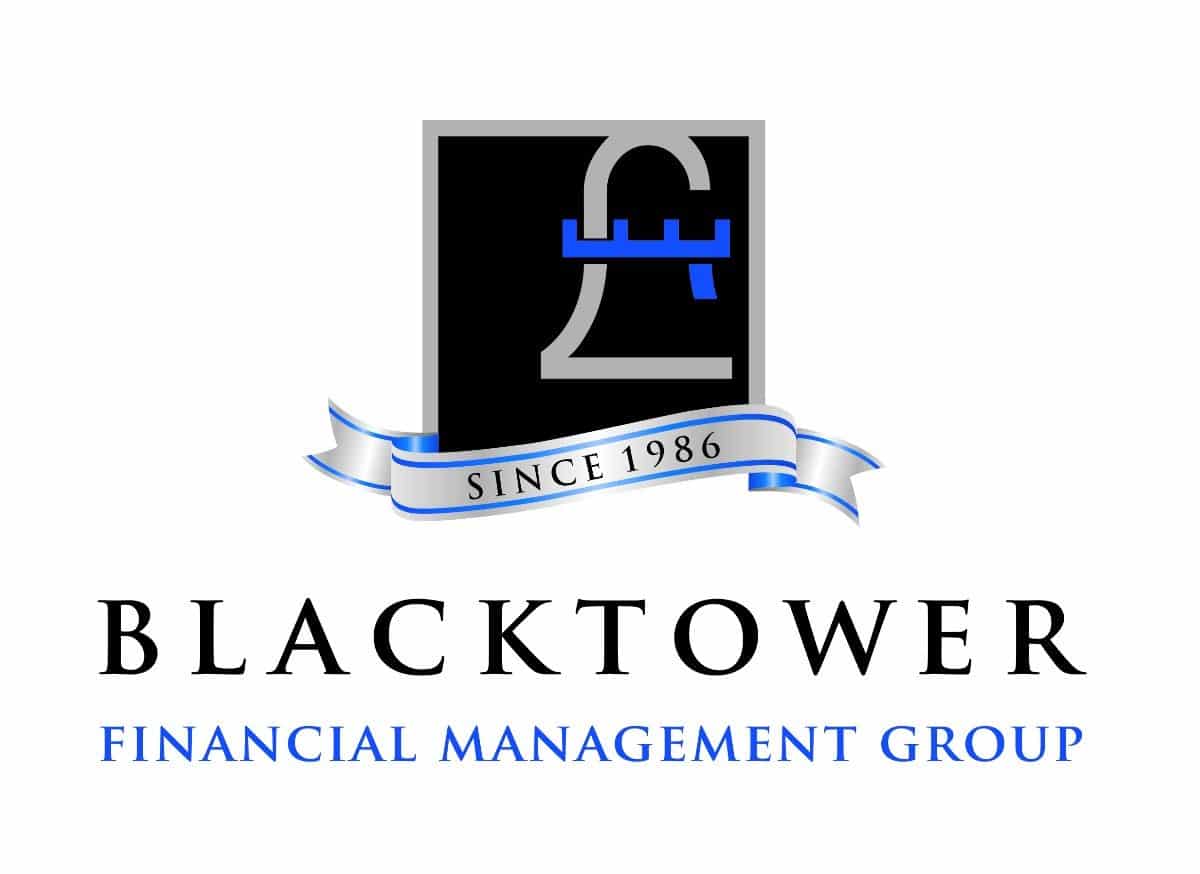Short of uprooting entirely and returning to the UK in order to place their child in a state comprehensive (a potentially traumatic and logistically fraught situation if ever there was one), there sometimes seems little that parents feeling the squeeze on their private education funds can do.
Of course, there are other education and school fees planning strategies available – for example, taking children out of boarding school and relocating them into a school abroad – but these options are also potentially traumatic and in most cases unrealistic.
Fortunately, though, there are some positive signs that schools are becoming more flexible and sympathetic to those in these circumstances, with figures indicating that schools are assisting more than ever before to help support the private educations of middle class families who are struggling to meet the costs of above inflation private school fee increases.
“Fees have gone up disproportionately relative to incomes,” Susan Hamlyn, director of the Good Schools Guide recently told the Financial Times.
Figures from the Independent Schools Council reveal that last year private school parents in need were offered a combined £850m in grants and bursaries, with more than £700m coming directly from school’s funds.
In fact, close to 30% of students now receive financial assistance, with the average figure nearly £5,500 a year.
“The sector is responding to the challenge of affordability with a significant increase in the level of fee assistance and means tested bursaries,” commented David Goodhew, head of Latymer Upper School in London.
One factor in the rise of school fees is doubtless the popularity of British private education among the international community of individuals of high net worth. Quite simply, whether they are from China, Russia, Hong Kong or Arab countries, they are prepared to pay more in fees and therefore make it harder or those less able.
However, it is important to remember that with careful wealth management and the right financial advice it is possible for expats to make intelligent long-term education and school fees planning decisions that will stand the test of time.
This communication is for informational purposes only and is not intended to constitute, and should not be construed as, investment advice, investment recommendations or investment research. You should seek advice from a professional adviser before embarking on any financial planning activity. Whilst every effort has been made to ensure the information contained in this communication is correct, we are not responsible for any errors or omissions.

 Despite several obstacles on the way, global equities resumed their uptrend on the 1st Quarter of 2021. Many of these were discussed throughout the first 3 months of 2021 and many of the tops were called for the major stock indices; however, we saw the S&P500, the Dow Jones and the German Dax registering fresh new All-Time Highs during this period.
Despite several obstacles on the way, global equities resumed their uptrend on the 1st Quarter of 2021. Many of these were discussed throughout the first 3 months of 2021 and many of the tops were called for the major stock indices; however, we saw the S&P500, the Dow Jones and the German Dax registering fresh new All-Time Highs during this period. If you are serious about receiving the best financial advice in Spain, chances are any adviser you choose will recommend that, in the absence of a committed property investment strategy, you do not invest too heavily in Spanish real estate.
If you are serious about receiving the best financial advice in Spain, chances are any adviser you choose will recommend that, in the absence of a committed property investment strategy, you do not invest too heavily in Spanish real estate.